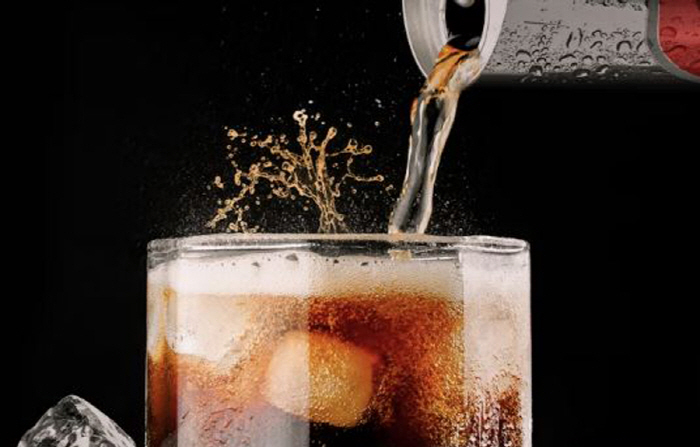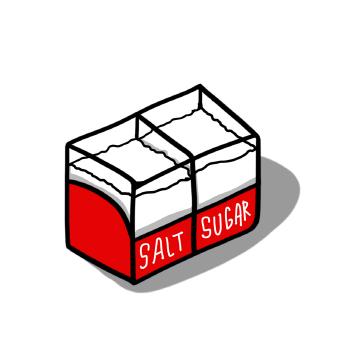Soda Increases Risk of Depression...17% for women ↑
Sep 25, 2025
|
Dr. Shamili Edwin Tanaraja's research team at Frankfurt University Hospital in Germany published the findings in the international famous journal `JAMA Psychiatry.'
The researchers found that soda consumption can increase the risk of developing depression, and at its core is changes in intestinal microbes. In particular, there was a more pronounced association in women.
The study was conducted on 405 people with major depressive disorders and 527 who did not. Participants self-reported their mental health status and soda intake, and the researchers analyzed intestinal bacteria through their fecal samples.
As a result, people who drink soda frequently were about 8.1 percent more likely to be diagnosed with depression, and women, in particular, had a higher risk of 16.7 percent.
In addition, a large amount of enteric bacteria called 'Eggerthella' were found in female participants.
This bacterium is known to be commonly found in patients with depression. On the other hand, there was no significant association in male participants.
Eggerthela has been confirmed in animal experiments to cause intestinal inflammation and reduce butyric acid, which has anti-inflammatory properties, and tryptophan, a precursor of serotonin important for mood control. This is an important clue to the effects of intestinal microbes on mental health.
The researchers observed that "The gut microbiota plays an important role between the food we eat and the immune system"This study shows that certain bacteria can also be linked to mental illness" he said.
As for why there was a stronger association in women, the researchers suggested that sex hormones may play a major role, and also mentioned that about two-thirds of the participants were women.
Dr. Tanaraja, who led the study, said "This study highlights the effects of eating habits on depression, and shows that gut microbes are key mediators" and that customized prevention and treatment strategies are needed for gender."
However, the researchers added that although the association between carbonated beverage intake, intestinal microbial changes, and depressive symptoms was identified, further experiments in humans and animals are needed to demonstrate causality.
Research shows that for health, it is a wise choice to choose water over drinks full of sugar and calories.
This article was translated by Naver AI translator.














